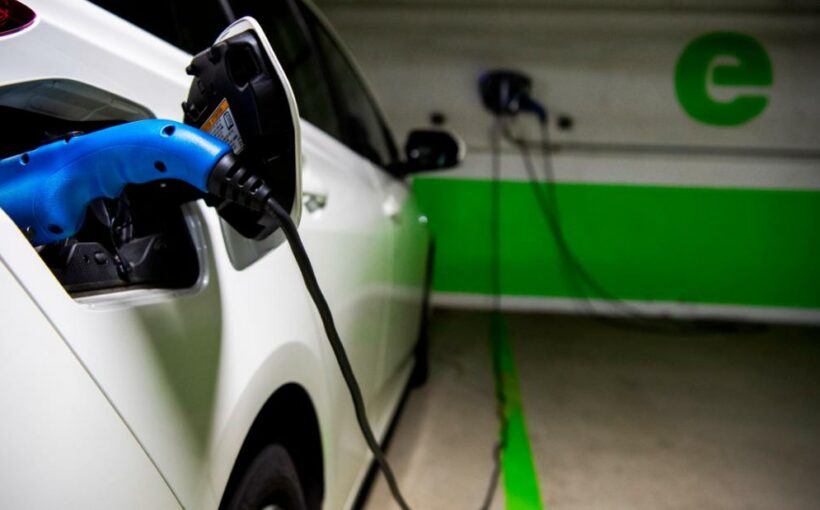Washington, DC (CNN)Vladimir Potanin, the richest man in Russia, has watched his fortune shrink by $8 billion this year as his country invaded Ukraine. But the company he leads as CEO, Norilsk Nickel, can still sell nickel, a critical metal in electric vehicle batteries, even after US sanctions targeted Russian energy.
President Biden banned the import of Russian oil, liquefied natural gas and coal to the US Tuesday.
“The United States is able to take this step because of our strong domestic energy infrastructure,” the White House said in statement. “The only way to eliminate Putin’s and every other producing country’s ability to use oil as an economic weapon, is to reduce our dependency on oil.”
Biden has called for electric vehicles to make up 50% of vehicles sold in the US in 2030. Experts have cautioned that US dependence on foreign sources of battery metals like nickel could create national security risks. Battery metals being left out of energy sanctions may highlight the potential for dependence on foreign countries for them as the US transitions to cleaner forms of energy like electric vehicles.
The International Energy Agency forecast earlier this year that nickel demand in electric vehicles will grow by a factor of eight from 2020 to 2030.
The United States produced 0.7% of nickel worldwide in 2020 and 2021, while Russia produced 10%. Most of the US’s nickel is imported from Canada.
Nickel prices reached record highs this week even without sanctions on Russian nickel.
Some metals experts attribute the highs to a “short squeeze,” which is when investors betting a price will fall abandon their wager because the price is increasing. Giving up on their bet against the price requires buying more of it, which raises the price even more.
Potanin has alluded in the past to the value of his company’s metals.
“We produce many products which are really needed by companies all over the world. Palladium, nickel, et cetera,” he said in a 2019 interview with Bloomberg. “If there [is] any kind of war, any kind of sanctions, it will not benefit anyone in the world.”
(The US imports 35% of its palladium, a critical element in catalytic converters, a component in gas-powered vehicles, from Russia, more than any other country.)
US officials aim to design sanctions to affect Russia more than they harm the United States or allies, according to Eddie Fishman, a Columbia University professor who has previously worked on sanctions in the US State Department. Nickel also isn’t the only thing left out of sanctions, he noted.
“We’re at a seven or eight out of 10 in intensity — not a 10 out of 10 just yet,” Fishman said.
Susanne Wengle, a Notre Dame political science professor who studies Russia, said focusing energy sanctions on oil and gas made sense given their vast role in Russia’s economy. Its sales of metals, grains and weapons aren’t on the same level, she said.
“Everything else pales in comparison,” Wengle said.
The nickel rush
Electric vehicle popularity has triggered more efforts to mine nickel. There is only one nickel mine in the US and it is located in Michigan. The US Geological Survey proposed in November adding nickel to a list of critical minerals.
“Any mining companies out there, please mine more nickel,” Tesla CEO Elon Musk said on an investor call in July 2020. “Tesla will give you a giant contract for a long period of time if you mine nickel efficiently and in an environmentally sensitive way.”
The automaker struck a deal earlier this year with Talon Metals for the supply of nickel from a Minnesota venture that’s expected to begin production in 2026. The effort is not an open-pit mine. Extraction will take place underground, making it less intrusive and more environmentally friendly, according to the company.
US companies and allies are also trying new techniques to find additional nickel deposits.
KoBold Metals, a Silicon Valley startup, has partnered with the mining giant BHP to use its artificial intelligence tools to locate more nickel and cobalt in Western Australia.
Source: Read Full Article
